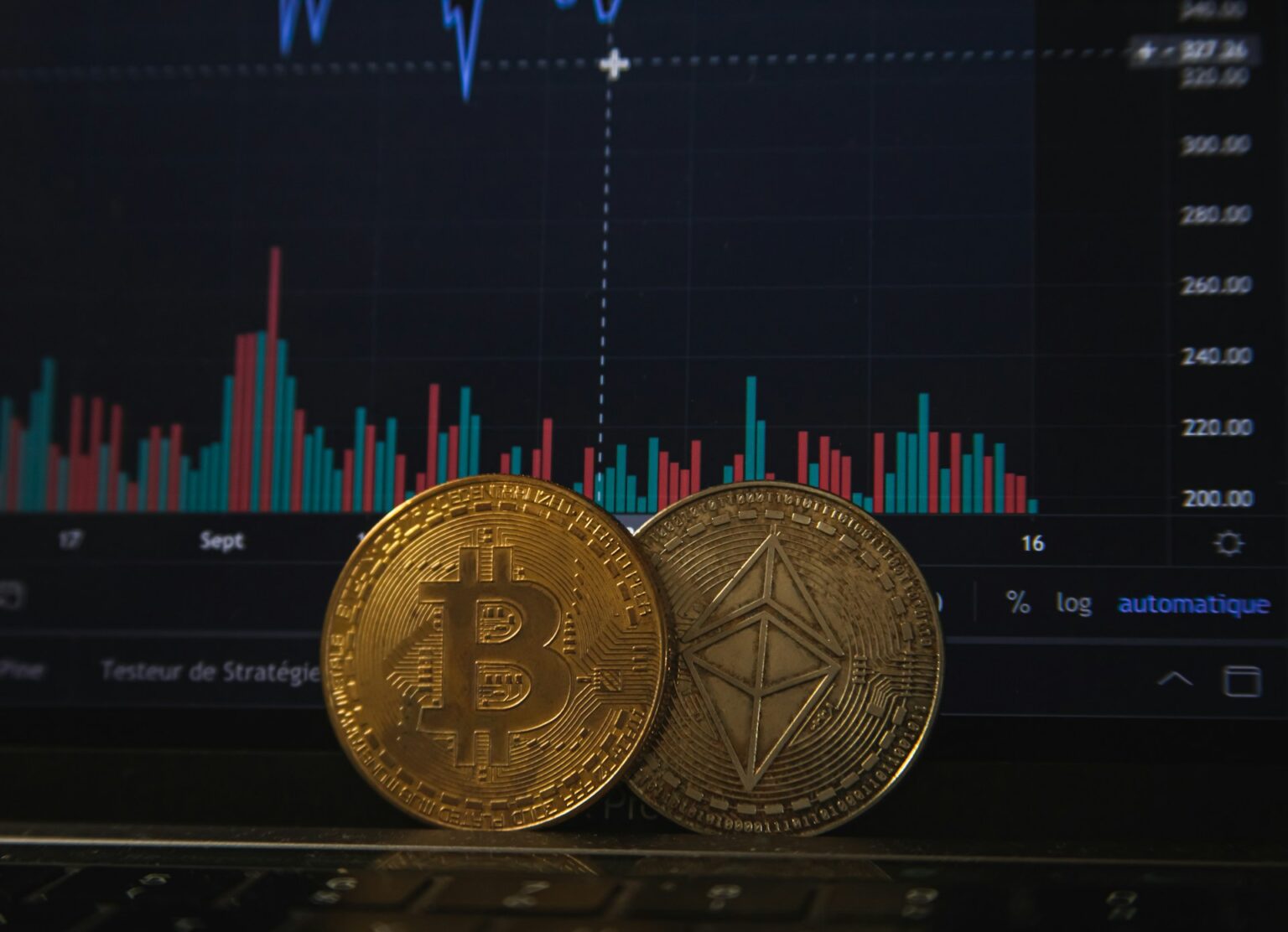In the dynamic world of digital finance, the collaboration between established financial institutions and innovative blockchain companies has reshaped the landscape of banking and investment. This fusion of traditional finance and cutting-edge technology has allowed banks to offer a wider range of services, increasing their competitiveness in this rapidly evolving ecosystem. In a notable development, the US-based blockchain company, Ripple, has made significant strides by forming strategic partnerships with international banks to deliver innovative digital asset solutions.
Ripple Partners with BBVA for Digital Asset Custody Services
Ripple has recently announced a strategic partnership with Banco Bilbao Vizcaya Argentaria (BBVA), one of Spain’s leading banks, to provide Bitcoin (BTC) and Ethereum (ETH) custody services. This collaboration marks a significant step forward in BBVA’s journey to embrace digital assets and extend its offerings to retail customers in Spain.
Ripple’s Cutting-Edge Custody Solution
Ripple’s state-of-the-art digital asset custody solution, Ripple Custody, is designed to enhance the security and scalability of banks’ digital asset management. This technology empowers BBVA with the tools necessary to offer secure custody services, ensuring compliance with stringent regulatory standards and meeting the rising demand for cryptocurrency investment.
Cassie Craddock, Ripple’s Managing Director for Europe, emphasized the benefits of the European Union’s (EU) Market in Crypto-Assets (MiCA) regulation, which has simplified the process for European banks to integrate digital asset services. The MiCA framework provides a comprehensive legal structure aimed at regulating cryptocurrencies, stablecoins, and associated service providers across the EU, thereby fostering a harmonious regulatory environment.
BBVA’s Vision for Digital Asset Integration
BBVA’s collaboration with Ripple signifies a forward-looking approach to digital finance, leveraging Ripple’s proven custody technology to offer a comprehensive service to its customers. Francisco Maroto, BBVA’s Head of Digital Assets, highlighted the importance of this alliance, noting that it strengthens the bank’s ability to provide an all-encompassing service backed by BBVA’s robust security protocols.
This partnership is not BBVA’s first engagement with Ripple, having already implemented Ripple’s crypto custody solutions in Turkey and Switzerland, further cementing their collaborative relationship.
The Growing Importance of Crypto Custody Solutions
The demand for secure and reliable crypto custody solutions has surged as financial institutions seek to integrate digital asset services. Ripple’s recent partnership with UAE-based Ctrl Alt exemplifies its commitment to expanding crypto custody offerings. Additionally, a supportive regulatory environment in the US has prompted banks like US Bancorp to resume Bitcoin custody services, reinforcing the growing acceptance of digital assets in mainstream banking.
Recent guidance from key US banking regulators, including the OCC, Federal Reserve, and FDIC, underscores the importance of robust risk management in digital asset custody. This regulatory clarity is crucial for banks as they navigate the complexities of digital finance.
What are the benefits of using Ripple’s custody solution?
Ripple’s custody solution offers enhanced security, scalability, and compliance with regulatory standards, making it an ideal choice for banks aiming to integrate digital assets into their services. It allows financial institutions to leverage advanced technology to manage and store cryptocurrencies securely.
Why is regulatory compliance important for digital asset custody?
Regulatory compliance ensures that digital asset custody services operate within legal frameworks, protecting customers and maintaining financial system integrity. It fosters trust among users and enables banks to offer a wider range of digital services.
How does the EU’s MiCA regulation impact banks offering digital asset services?
The EU’s MiCA regulation provides a standardized legal framework for digital assets, facilitating easier integration of these services by banks across Europe. This harmonized approach helps banks manage regulatory risks and enhances consumer protection across member states.
By exploring Ripple’s strategic initiatives, such as its partnership with BBVA, this comprehensive guide provides valuable insights into the intersection of blockchain technology and traditional banking. Understanding these developments can help readers navigate the evolving digital finance landscape more effectively.

